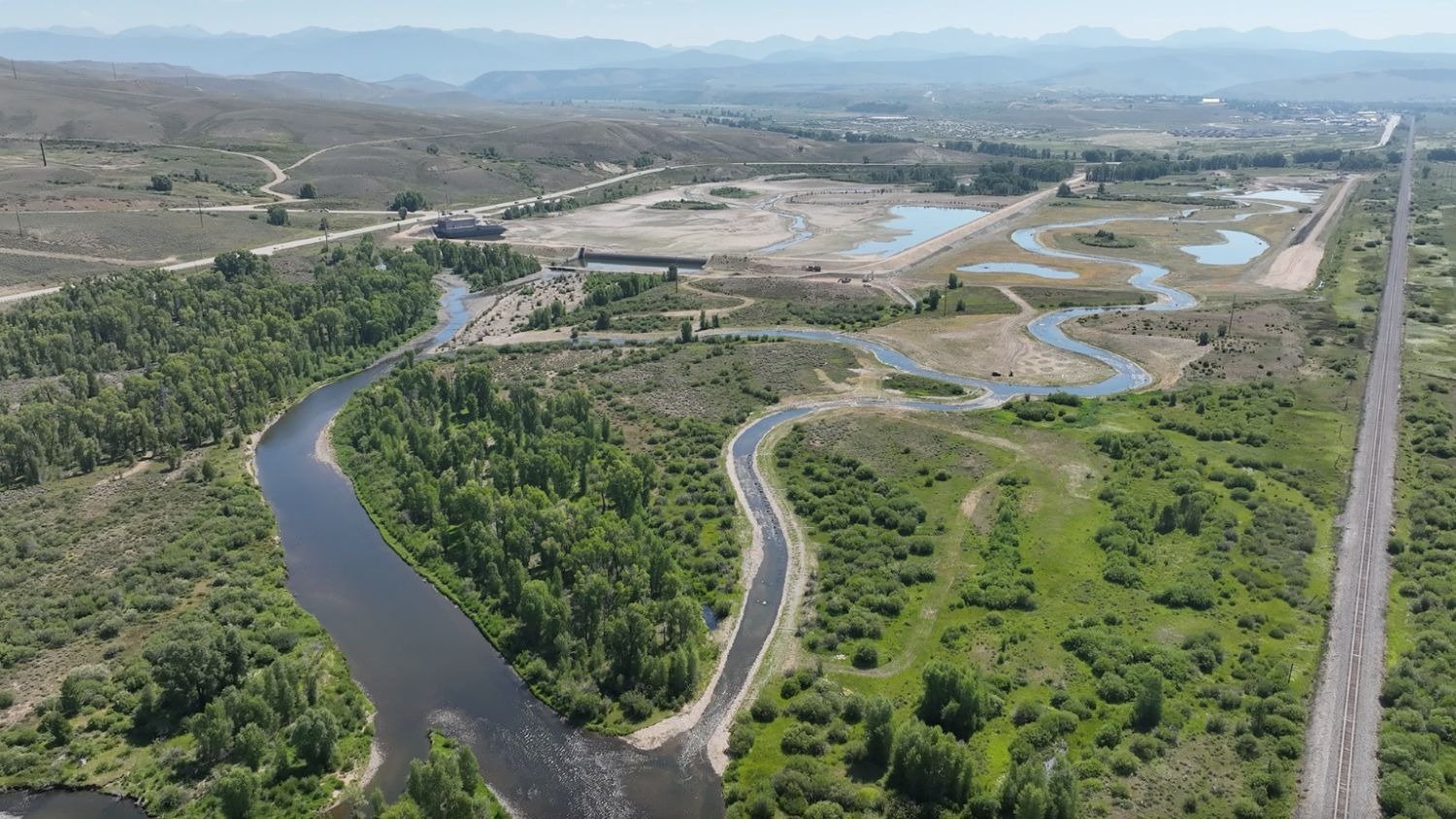By DP Opinion
The Obama administration has proposed increasing the amount of funding available for the Land and Water Conservation Fund, a 45-year-old program that has protected wildlife habitat and provided recreational opportunities in national parks, national forests, and national wildlife refuges across the country.
Instead of using taxpayers’ money, LWCF protects federal lands and provides grants to communities for local parks and trails using a small portion of royalties paid by companies conducting offshore drilling.
This common-sense approach to land conservation benefits anglers and hunters because conservation creates opportunity. The opportunity to hunt, fish, hike, bike and ski in these wild places is increasingly at risk from an array of land-use threats, and must be protected as a part of our national heritage.
It simply makes sense to use funds generated from natural resources extraction to invest back in America’s natural places — protecting and promoting another kind of resource, open space and clean water, that benefits each of us.
Interior Secretary Ken Salazar, Sen. Mark Udall, and other advocates for LWCF in Congress and the administration are on the right track to see that we meet our responsibility to protect America’s great outdoors for future generations.
Sinjin Eberle, Vice President, Colorado Trout Unlimited, Denver







